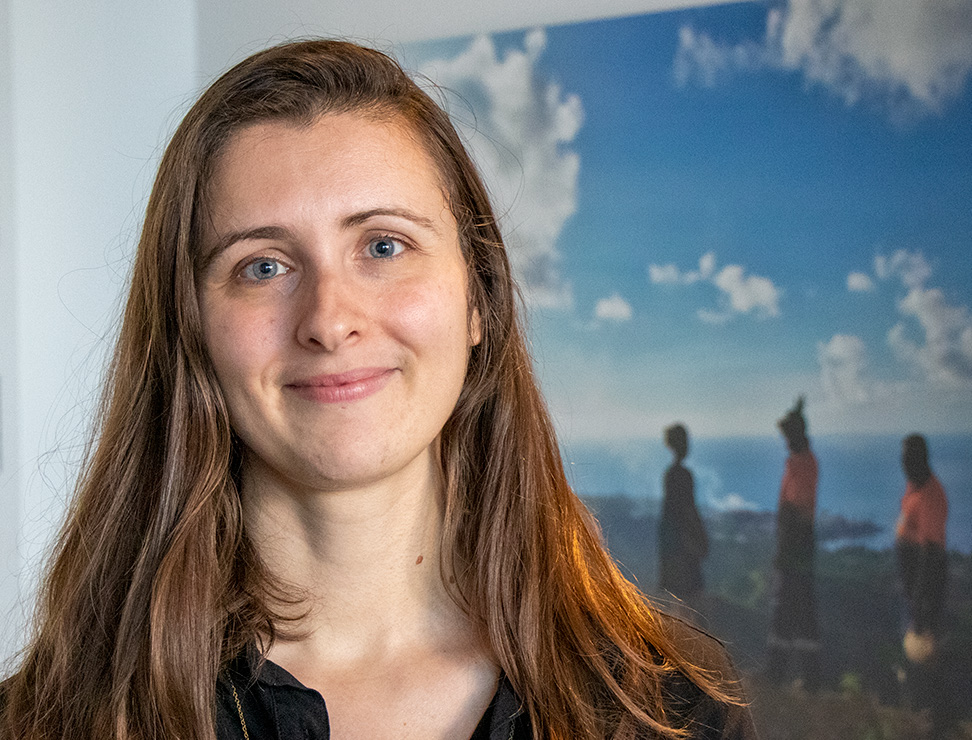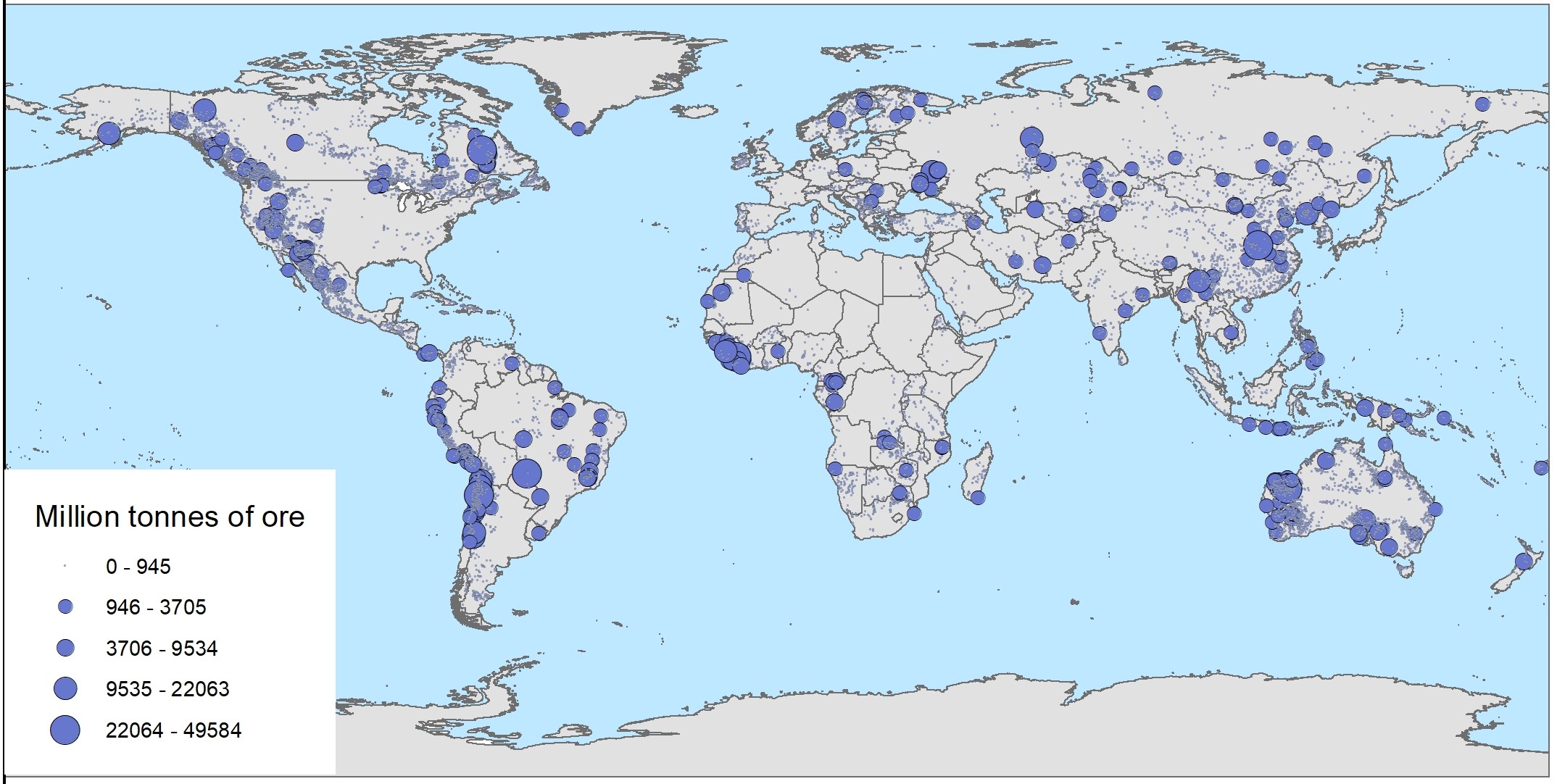
Sustainable Minerals Institute (SMI) researcher Dr Éléonore Lèbre has secured a major research grant to produce a ‘first of its kind’ atlas of mining-impacted locations.
The online atlas will systematically document the environmental, social and economic impacts of mining across the world and provide insights into the potential consequences of a metal-dependant energy transition.
Dr Lèbre, who is based in SMI’s Centre for Social Responsibility in Mining (CSRM), was awarded over $400,000 by the Australian Research Council’s (ARC) Discovery Early Career Researcher Award (DECRA) scheme and will begin work on the three-year project in 2022.
Dr Lèbre said the atlas will provide decision-makers with information that can be used to better plan a ‘just transition’ to low-carbon economies.
“The atlas should be an eye-opener for companies, governments and investors, who will be able to see the material and financial consequences of not managing the risks that will accompany an energy transition,” she said.
“Mitigating climate change by transitioning towards renewable technologies will require the world to significantly increase the amount of metals it is mining.
“But for this to be a ‘just transition’ it is necessary to avoid placing unacceptable burdens on the communities and environments that will be most affected by an increased mining presence.
“To understand the implications of a metal-driven transition you need to look to the beginning of the metal supply chains, to the mining areas, and analyse what the impacts will be there.

“Our online atlas will do just that – examining mining areas where environmental and social risks have materialised and then documenting what this has meant for stakeholders.
“If not managed correctly, these risks can affect the energy transition itself by preventing or disrupting mining projects and therefore further constraining the supply of critical metals.”
CSRM Director Professor Deanna Kemp said the team was delighted that Dr Lèbre had been successful in her application, and looked forward to hosting the DECRA project.
“Éléonore has worked hard to make the most of opportunities presented by SMI and that is reflected by her research portfolio, which has seen her collaborate across multiple disciplines,” Professor Kemp said.
“We look forward to continuing to facilitate this multidisciplinary research and will make CSRM’s own expertise in the ‘just transition’ space available to Éléonore.
SMI Director Professor Neville Plint said the Institute was committed to educating the next generation of industry and community leaders by proactively supporting researchers from an early stage.
“Since joining SMI as a PhD Candidate in 2014, Éléonore’s growing area of expertise and network of contacts has demonstrated how valuable powerful that kind of support can be for motivated researchers,” he said.



